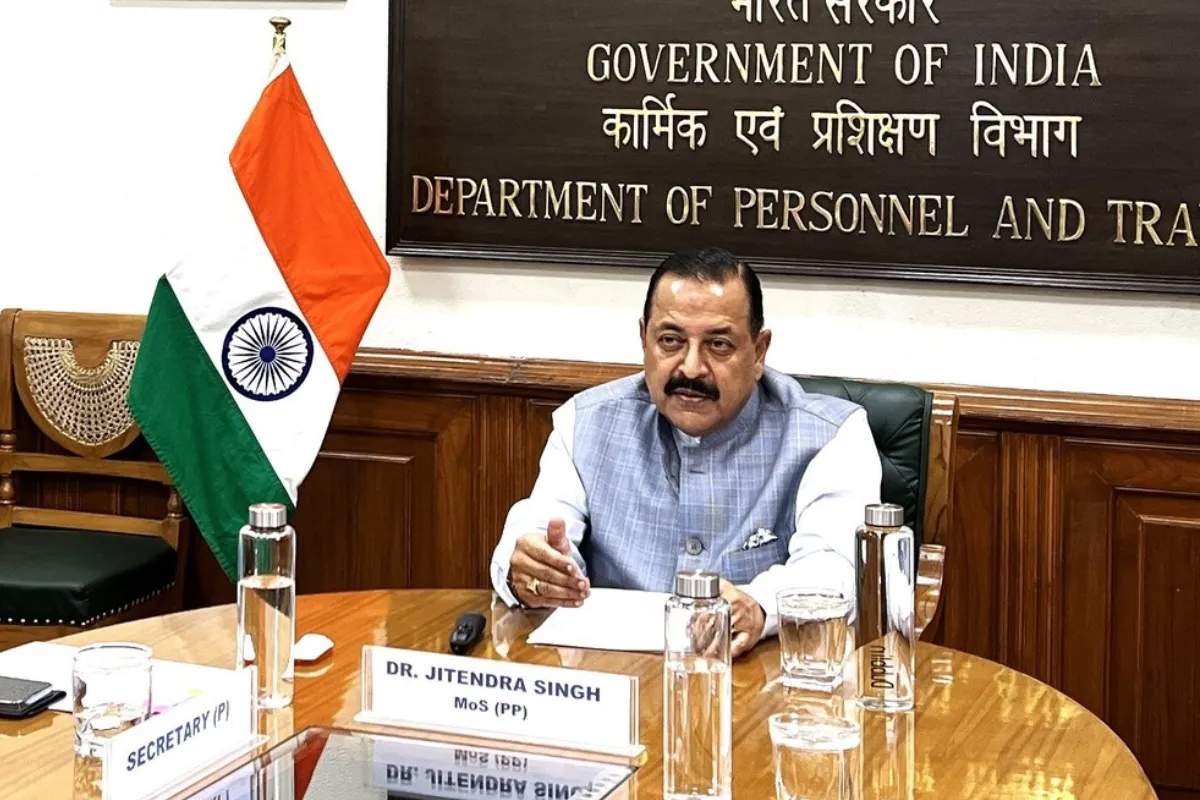New rules have been issued by the central government to address the ongoing problem of workers coming late for work. These regulations, which prioritise , impose severe penalties—such as wage reductions of half a day—on those who fail to meet the scheduled times.
Stricter Timings for Government Employees
A clear instruction has been released by the Department of Personnel and Training (DoPT) requiring all central government workers to follow the official working hours, for example – 9:00 AM to 5:30 PM. Workers have a 15-minute grace time, so they have to report for work by 9:15 AM. According to News24, any arrival after 9:15 AM would result in a reduction of half a day’s pay. All staff members are subject to this new regulation, including junior clerks and senior officials.
Reintroduction of Biometric Attendance Systems
Many offices have stopped using biometric attendance systems during the COVID-19 pandemic. The central government has now brought these systems back up to guarantee precise attendance tracking of employees. The DoPT has made it clear that absenteeism that are not logged in by 9:15 AM would automatically be converted to half-day casual leave. Employees must apply for a casual leave of absence and alert their supervisors in advance of any unexpected delays.
Ensuring Accountability and Punctuality
The DoPT has directed all officials to keep a close eye on their departments in order to implement these recommendations. Department heads are now required to make sure that staff members arrive on time and keep proper attendance records.
Addressing Persistent Lateness Among Junior Staff
One of the main causes of these strict policies is the widespread problem of being late, particularly among employees in lower positions. Office activities have been reported to be disrupted by clerks and other junior staff who frequently arrive late and depart early. With the new regulations, the central government hopes to reduce this behaviour and improve general discipline and productivity.
Historical Context and Employee Compliance
The debate over fixed office hours has been heated. The BJP made an attempt to mandate particular office hours for government workers in 2014. But strong resistance from the workforce resulted in the initiative’s postponement. This time, it looks like the government is committed to making sure that everyone in the central offices follows the rules and develops a timely culture.
Keep watching our YouTube Channel ‘DNP INDIA’. Also, please subscribe and follow us on FACEBOOK, INSTAGRAM, and TWITTER.
